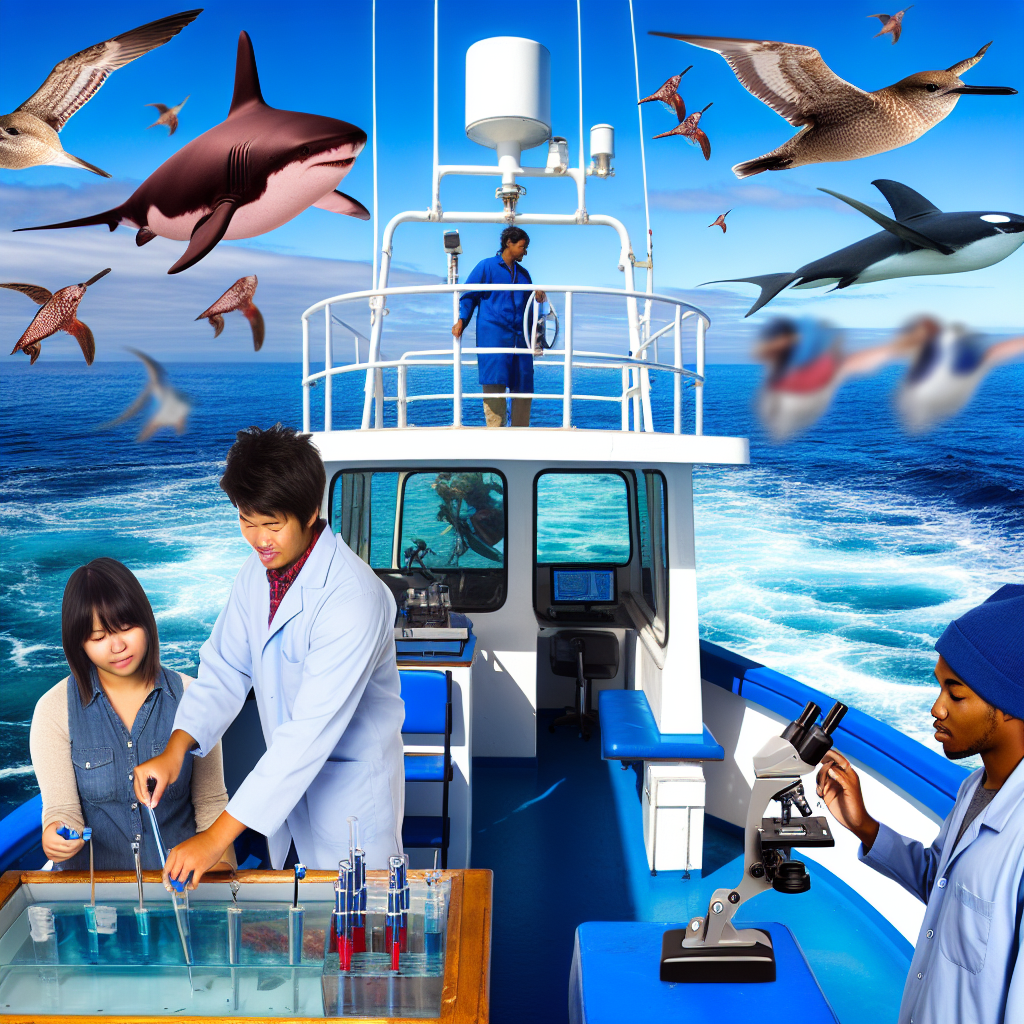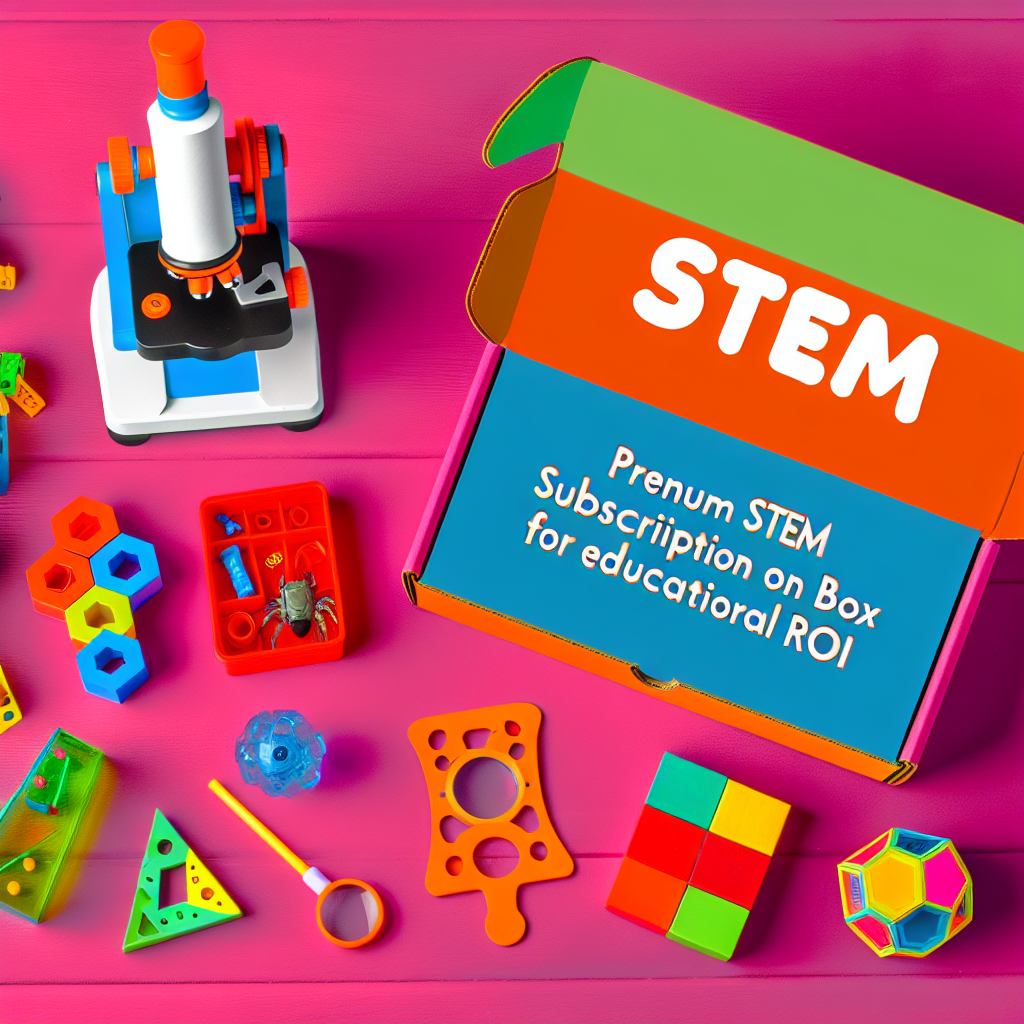Marine Biology Expeditions on Private Research Vessels: Exclusive Ocean Education
Introduction: Luxury Meets Learning Beneath the Waves
For families of distinction seeking extraordinary educational enrichment for their children, the modern luxury experience has evolved far beyond five-star resorts or conventional travel. Today’s elite parents are seeking experiences that not only delight but also intellectually empower and inspire personal development.
Enter marine biology expeditions aboard private research vessels: an exclusive intersection of bespoke adventure, academic advancement, and oceanic conservation.
This emerging trend provides privileged young minds a front-row seat to the mysteries and majesty of the ocean, engaging them in authentic fieldwork alongside leading marine biologists, oceanographers, and conservation experts.
Our oceans, which cover over 70% of the Earth’s surface, are teeming with wonder and life—and currently facing unprecedented environmental challenges. Understanding marine ecosystems is crucial, not only for planetary health but for cultivating global citizens dedicated to preserving it. Participating in private marine biology expeditions equips children with invaluable insights into environmental stewardship through immersive, hands-on learning that is far more engaging than traditional classroom education.
On these luxury research journeys, children are not merely observers. They embark on scientific diving adventures, assist in tagging sea turtles, analyze plankton under state-of-the-art microscopes, and even contribute real-time data to international oceanographic organizations.
What sets these expeditions apart is their tailored involvement. Lessons are curated by scientists and experiential educators with a child’s age, interests, and cognitive development in mind. For example, younger children may focus on discovering coral structures through underwater art activities, while teenagers might assist with data logging for shark migration studies. It’s a powerful way to nurture curiosity, ignite a passion for science, and build early awareness about sustainability and conservation.
These bespoke experiences also provide elite families the opportunity to align with and support critical philanthropic efforts. Many of the vessels partner with nonprofit marine research foundations, meaning young participants can actively contribute to meaningful conservation missions. Whether off the Galápagos, the coral reefs of the Maldives, or the icy waters of the Arctic, a marine biology expedition isn’t just another vacation—it’s an enduring journey that nurtures intelligence, values, and leadership potential.
The Science Behind Experiential Ocean Education
Scholarly research increasingly supports the effects of hands-on learning in high-performing children. According to a report from the Association for Experiential Education, students engaged in real-world environments exhibit better problem-solving skills, enhanced critical thinking, and greater academic retention.
For gifted or high-capacity youth, immersive marine science expeditions offer the perfect level of cognitive challenge and engagement.
In marine biology internships and expeditions designed for adolescents, students work directly under field scientists using advanced tools such as hydrophones, remote-operated vehicles (ROVs), and GIS mapping software. A study published in the Journal of Environmental Education revealed that students participating in marine field education displayed a 65% increase in environmental literacy compared to those who received only textbook instruction.
Moreover, there’s growing evidence that connecting children to nature—particularly something as vast and dynamic as ocean life—builds emotional intelligence. Research published by the Children & Nature Network highlights how immersive nature experiences improve empathy, reduce anxiety, and elevate attention spans, especially in high-performing children overwhelmed by conventional, high-pressure academic settings.
Many private research vessel programs include personalized curricula developed in consultation with marine education institutions and conservation foundations. For instance, organizations such as the Oceanic Society and Earthwatch Institute collaborate with luxury family travel companies to design youth programs that meet academic benchmarks while offering mentorship and real-world scientific exposure.
Pediatric neuropsychologists also advocate for the importance of enriching travel experiences in cognitive development. According to a study featured in Frontiers in Psychology, children who engage with diverse environments and tackle real-time challenges demonstrate better neural integration and memory retention.
These experiences allow children to disengage from screen time and structured educational environments, enabling deeper introspective thinking and imaginative learning. With certified safety protocols, high-end accommodation, gourmet cuisine, and expert-led excursions, these expeditions are crafted to provide an unparalleled combination of leisure, safety, and intellectual growth.
Conclusion: Transformative Voyages That Illuminate Young Minds
Marine biology expeditions aboard private research vessels provide more than just elite family travel. They represent a transformative merger of luxury, education, and purpose.
For discerning parents intent on shaping the next generation of intelligent, responsible, and globally aware leaders, these exclusive oceanic adventures offer a profound gift—the joy of learning through real-world discovery, guided by the world’s Ocean Guardians.
Participants leave not just with stunning memories but with the skills, compassion, and scientific curiosity that will serve them throughout life. With each expedition, the next generation is one step closer to becoming informed stewards of our planet’s oceans, equipped to make a difference in a rapidly changing world.
References
- Association for Experiential Education
- Journal of Environmental Education – Marine Field Education Study
- Children & Nature Network – Nature and Child Development
- Earthwatch Institute Youth Expeditions
- Oceanic Society Educational Travel
- Frontiers in Psychology – Experiential Learning and Cognitive Development

Dominic E. is a passionate filmmaker navigating the exciting intersection of art and science. By day, he delves into the complexities of the human body as a full-time medical writer, meticulously translating intricate medical concepts into accessible and engaging narratives. By night, he explores the boundless realm of cinematic storytelling, crafting narratives that evoke emotion and challenge perspectives. Film Student and Full-time Medical Writer for ContentVendor.com




